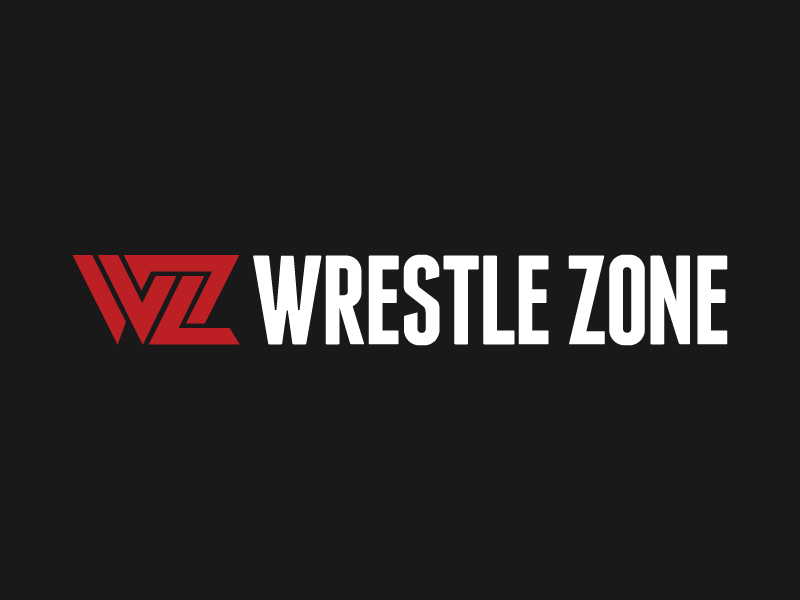
If you asked a common person on the street what they knew about wrestling, they probably couldnâ<80><99>t tell you much. After all, wrestling has never been consistently mainstream in many parts of the globe. However, even if that person you asked told you nothing else, you would at least probably hear one of the names of Hulk Hogan, The Rock, or…








